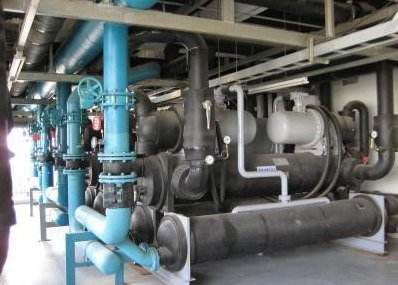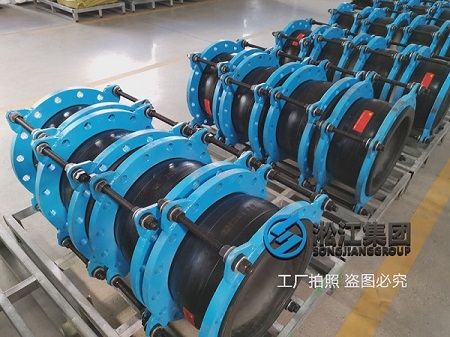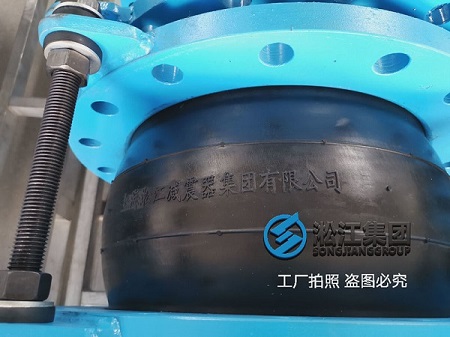Shanghai Songjiang Group’s official website introduces a summary of the advantages and disadvantages of lithium bromide chiller units. Songjiang Group provides vibration and noise reduction solutions for numerous lithium bromide chiller units, primarily including high-pressure resistant rubber expansion joints and high-quality spring vibration isolators.

Advantages of Lithium Bromide Chiller Units:
- Utilizes thermal energy as power, especially from low-grade thermal energy sources (solar energy, waste heat, etc.).
- Except for small shielded pumps, the entire unit has no other moving parts, ensuring quiet operation.
- Uses lithium bromide solution as the working medium, which is odorless, non-toxic, and environmentally friendly.
- The chiller operates under vacuum conditions, eliminating the risk of high-pressure explosions, ensuring safety and reliability.
- Wide range of cooling capacity adjustment, allowing for five-stage cooling capacity adjustment within a broad load range.
- Strong adaptability to changes in external conditions, maintaining stable operation within certain ranges of hot water inlet temperature, chilled water outlet temperature, and cooling water temperature.
Disadvantages of Lithium Bromide Chiller Units:
- Lithium bromide solution has strong corrosiveness to common metals, affecting both the normal operation and the lifespan of the unit.
- The lithium bromide absorption chiller requires high air tightness; even trace amounts of air leakage can affect the unit’s performance, imposing strict requirements on unit manufacturing.
- Lithium bromide solution is prone to crystallization at high concentrations or low temperatures, making prevention of crystallization an important issue to address in the design and operation of lithium bromide chillers.


Related links:【NR】DN300 Single Sphere Rubber Expansion Joint ‘Natural Rubber Reinforced Type










